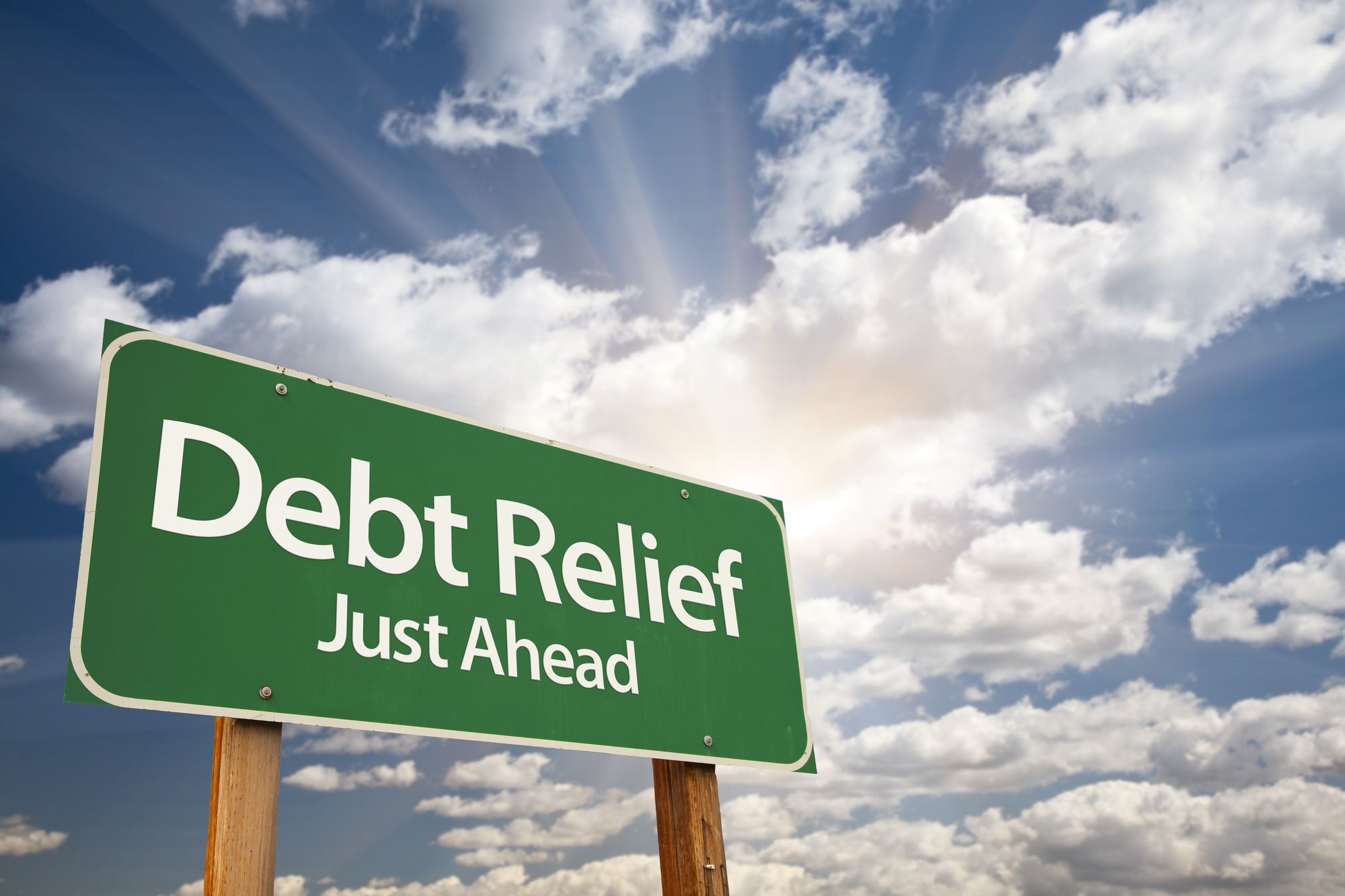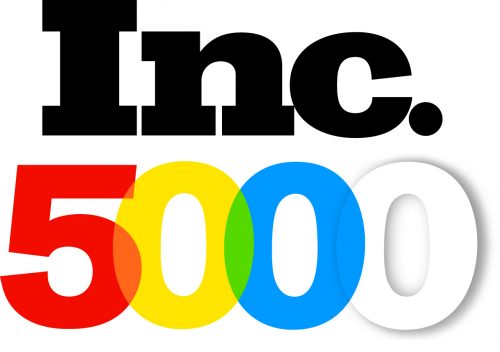What’s a question that 3 in 4 Americans are likely to ask themselves? How to become debt-free.
Research shows that only 1 in 4 Americans are debt-free, and estimates show that the average credit card debt can take as much as 18 years to pay off.
But what if we were to tell you that there are ways out of debt? Ways that don’t take a quarter of a lifetime. If you want to erase your debt, then you need to know about these methods, one of which is debt consolidation
Living debt-free is possible, it just takes some information, action, and time. So, keep reading to find out everything you need to know about debt consolidation.
What Is Debt Consolidation
Debt consolidation is a common practice for managing one’s debts.
The way this is done is by pooling all of your debts together so that you only have one amount to keep track of, and one payment to make each month.
This has a number of advantages. Firstly, combining your debts makes them much easier to keep track of, which is great for budgeting and planning purposes. This also saves a lot of time when it comes to making payments and keeping track of your cash flow.
Besides these benefits, debt consolidation can also work to minimize your debt. This is because, in some cases, you might be able to find a debt consolidation solution that offers a lower interest rate than what you are paying across your debts currently.
There are two main ways that you can consolidate your debts and secure a lower interest rate. These are through personal loans or through the use of a balance transfer account.
Let’s take a look at how these two methods work.
Debt Consolidation Through a Personal Loan
Depending on your credit score, you may be able to secure a personal loan with a lower interest rate that the interest on your other debts.
Once you have taken out the personal loan, you can use this to settle your debts outright. Once that is done you are left with only one debt payment to make each month.
If the interest rate on this loan is lower than what you were paying previously, then it is likely that your payments will be reduced. This, in turn, gives you the opportunity to make faster headway in clearing the loan and heading towards your goal of being debt-free.
Be aware however that personal loans usually come with origination fees. These fees can be relatively high. Depending on the rate of interest you secured, the origination fee can make the difference between whether a personal loan will save you money or not.
If the rate of interest you can secure is not low enough to counteract the origination fee over time, then you might want to look into balance transfer cards.
Debt Consolidation Through Balance Transfer Cards
Balance transfer cards allow you to consolidate your existing debt by taking out a line of credit. This, like a personal loan, has the advantage that all of your debt will be in one place.
Besides this, they also have another decided benefit. Some balance transfer cards offer 0% interest rates for specified time periods. The time frame is usually between 12 and 24 months.
The advantage of this is that it gives you a window of time in which to pay off your consolidated debt interest-free.
Another advantage of balance transfer cards is that they allow increased flexibility around your payments. For some, a commitment to fixed monthly payments might be incompatible with their income structure.
If your income and expenses are not set, then fixed payments can lead to non-payment. This is turn can cause further interest and damage to your credit score.
If you are a business owner who receives lump sum payment only at a certain time of the year, or an entrepreneur, you might find that the flexibility of a balance transfer card is better for you than a personal loan.
If you can’t decide, ascertain where you have ever defaulted on a monthly debt payment. If so, and especially if this has occurred more than once, then utilizing a balance transfer card might be the smarter choice.
At the same time, while balance transfer cards can be advantageous — you also need to ensure that you have a plan for paying off the debt within the zero-interest period.
If at the end of this period you are still owing on the line of credit, you will be charged the default amount for the specific credit solution. Credit card interest rates are typically higher than those on personal loans.
Debt Consolidation and Credit Scores
Debt consolidation can affect your credit score in a couple of ways. Taking out a personal loan or new line of credit will cause inquiries into your credit, which in turn can drop your credit score.
However, settling debts can also positively impact your credit score. So can consistently paying off your new loan or line of credit.
In summary, if the debt consolidation solution you choose is a manageable and sustainable one for you — then over the long term this should up your credit score.
Now That You Know How to Become Debt-Free: It’s Time to Start
If you were wondering how to become debt-free, you now know about one of the most impactful ways to do this, which is to consolidate your debt.
Debt consolidation not only simplifies your finances — but it can also bring reduced interest rates, which is an all-out win if you are trying to squash your debt by all means possible.
If you are looking for a debt consolidation solution, we recommend that you make use of our search tool. Here at Debthunch, we have developed a system that matches you up with best debt consolidation solutions available and personalize them to meet your specific needs.
What’s more, inputting your details is free and will not impact your credit score.
If you have any questions, please feel free to contact us.




